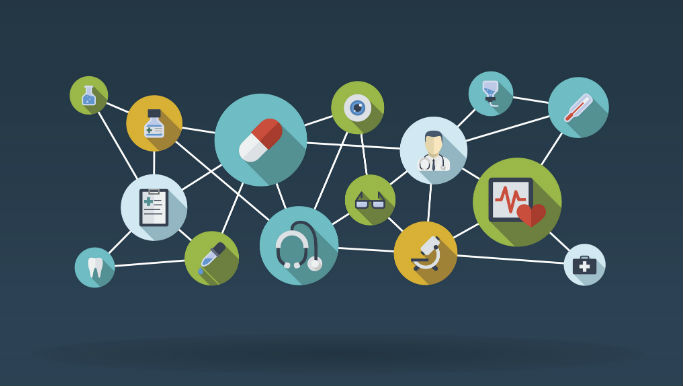Red Hat, DarwinAI Partner for COVID-19 Artificial Intelligence
The COVID-19 AI tool is a neural network for detection of the virus using chest radiography; the tool will be available for hospital use, the companies say.

Source: Thinkstock
Red Hat and artificial intelligence (AI) company DarwinAI recently collaborated to bring a COVID-19 tool to hospitals and healthcare facilities.
Dubbed COVID-Net, the AI tool is a neural network for COVID-19 detection using chest radiography, which can help to identify viral infections.
COVID-Net also aims to increase trust among researchers and reveal new insights by allowing clinicians to indicate key visual indicators behind COVID-19 infection.
Experts can then use these new findings to further improve screening accuracy.
“At Red Hat, we pride ourselves on our open technologies hybrid cloud being used for the greater good,” Chris Wright, senior vice president and chief technology officer at Red Hat, said in the announcement.
“COVID-19 impacts us all, and we are proud to have Red Hat OpenShift be an underlying technology in COVID-Net, a platform designed to better help frontline healthcare workers when it comes to understanding this complex disease,” he continued.
The overall goal of the collaboration is to allow clinicians to easily use COVID-Net in hospitals through the web-based graphical user interface (GUI), Red Hat OpenShift.
Red Hat OpenShift is a Kubernetes platform that helps experts develop and deploy applications to one or more network hosts, the companies explained. And although the COVID-Net system is a promising tool on its own, Sheldon Fernandez, DarwinAI’s CEO, said that it needs to be coupled with a GUI to be effective.
So far, researchers in Italy, Canada, Spain, Malaysia, India, and the US have leveraged COVID-Net.
- At the end of March, DarwinAI and the University of Waterloo’s Vision and Imaging Processing (VIP) Lab, launched COVID-Net, which was created as a complementary tool to assist clinicians with rapidly screening for COVID-19.
The system was created in collaboration with researchers and clinicians around the world, which eventually led to the collaboration between DarwinAI and Red Hat.
The companies will now leverage expertise from researchers at the Fetal Neonatal Neuroimaging and Developmental Science Center (FNNDSC) at Boston Children’s Hospital to better focus software for real-world clinical and research use.
“Improving clinical care and outcomes through cutting edge computational research is core to the mission of Boston Children’s FNNDSC. Our open source ChRIS platform allows for the rapid development and deployment of novel AI solutions in practically any setting,” said Rudolph Pienaar, PhD, Boston Children’s Hospital scientist and lead technical architect of ChRIS.
“We are thrilled to help deploy COVID-Net on ChRIS with DarwinAI and leverage Red Hat OpenShift. We believe this effort can result in screening many cases at tremendous scale and help focus healthcare where it is most needed as quickly as possible,” said Pienaar who is also an assistant professor in radiology at Harvard Medical School.
As the construction of COVID-Net shows, artificial intelligence can significantly help boost scalable development and provide greater transparency into model design and performance.
In mid-July UC San Diego announced that its health radiologists and other physicians were leveraging artificial intelligence to augment lung-imaging analysis in a clinical research study.
Last year, Albert Hsiao, MD, PhD, associate professor of radiology at University of California San Diego School of Medicine and radiologists at UC San Diego Health developed a machine learning algorithm that allowed radiologists to use AI to enhance their own abilities to spot pneumonia on chest x-rays.
The AI algorithm was most recently applied to 10 chest x-rays from five patients treated in China and the US for COVID-19.
The study allowed for Hsiao’s AI method to be deployed across UC San Diego Health in a clinical research study that allows any physician and radiologist to get a quick estimate regarding a patient’s likelihood of having pneumonia.
So far, the new AI capabilities have provided UC San Diego Health physicians with insights to more than 2,000 images.
